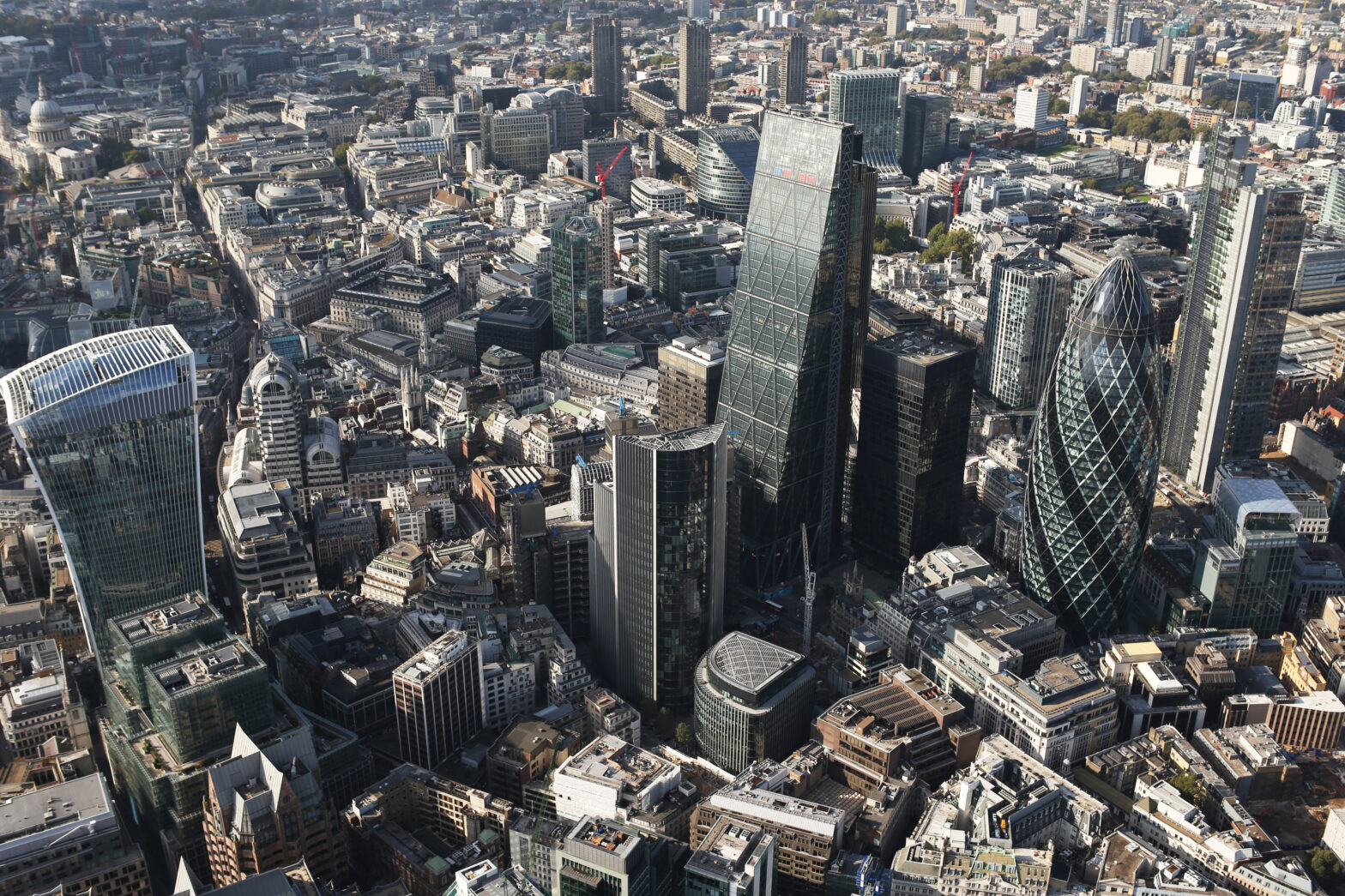It is important therefore to get a solicitor to check them over.
The advantages of leasing office or business space are:
- Don’t need large amount of money up front so capital can be put to better use elsewhere
- More flexibility to move than if you own your own premises “but be aware your lease may tie you in for a fixed time.”
- Unlikely to be affected by a slump in property prices or rise in interest rates
- Responsibility for day-to-day running costs and possibly building repairs or improvements, which could be costly if it’s an older building
- Able to locate your business in the ‘right area’, meaning you can be taken more seriously if you’re an advertising or marketing agency, for example
Don’t forget to consider parking if customers need to visit you or if you have regular deliveries.
You also need to think about what insurance needs your business has:
- Do you employ anyone?
- Have business vehicles?
- Working at home, in an office or retail unit?
- Will people be visiting you?
The answers to these questions could potentially affect your insurance premiums.
If you employ anyone, even for a few hours a week, you must have Employer’s Liability insurance. This will cover any compensation you have to pay out if an employee is injured or becomes sick at, or due, to work. You will be breaking the law if you don’t have this cover.
If your business plans to move and send goods or money around the country, you should look into insurance covering damage, loss or theft during transit.
Some things in life are out of your control of course, like fire, theft or flooding. But you should be covered for them just in case.
With so many insurance products around “it’s worth talking to an expert to make sure you’re covered.”
Tip: Remember that when you’re choosing your buildings and contents cover, you’ll need to cover the full cost of replacing any stock too.





